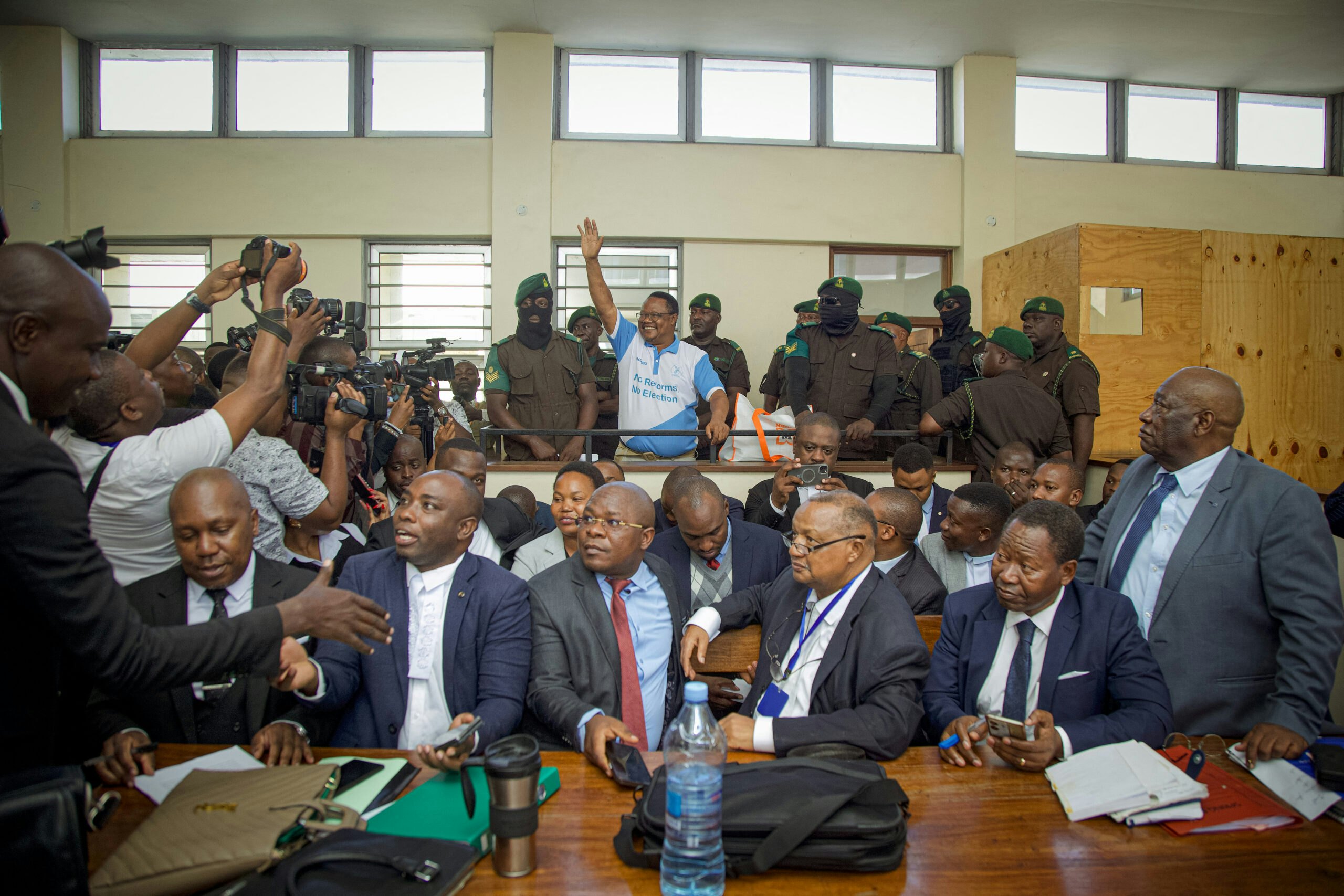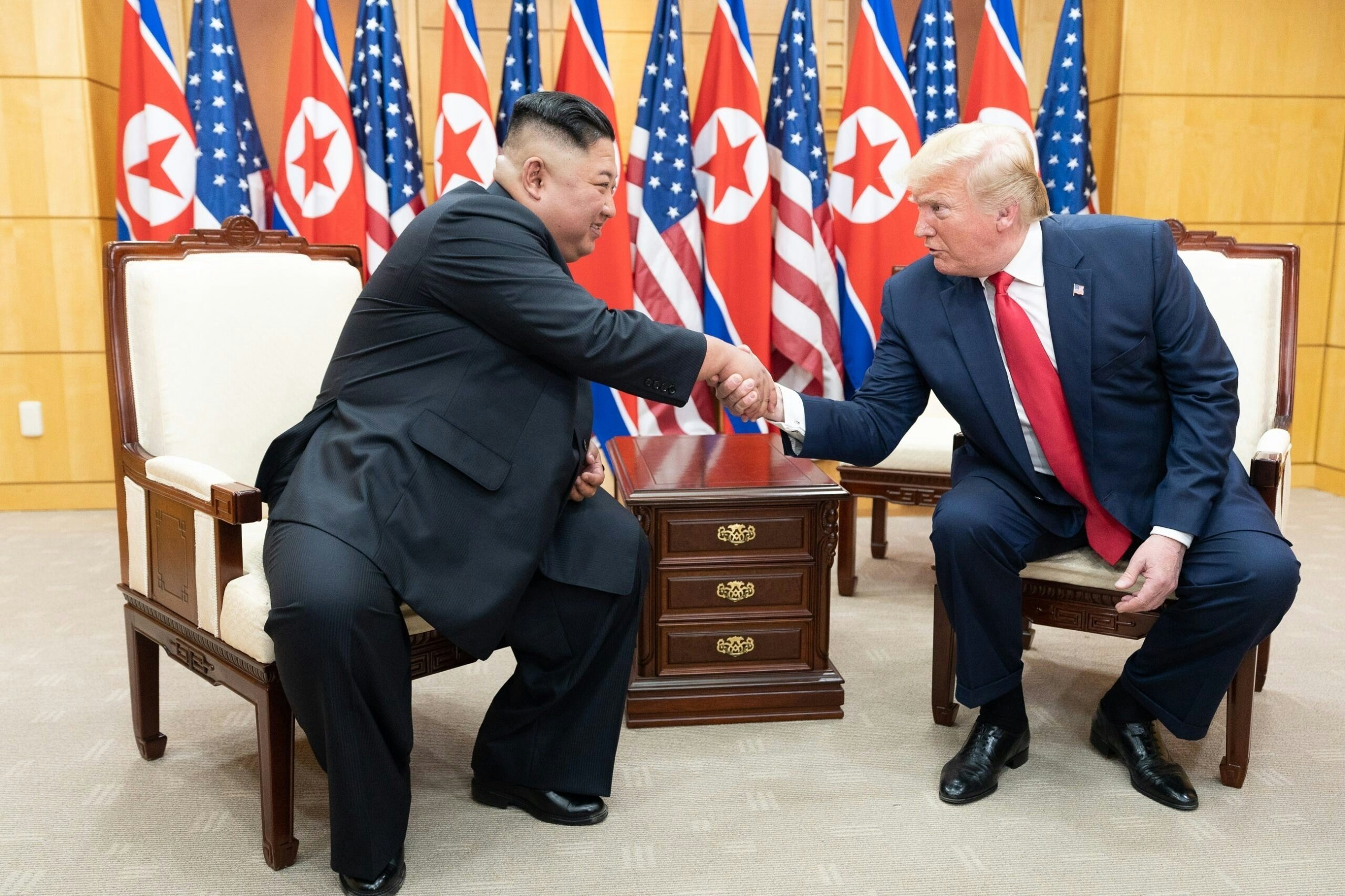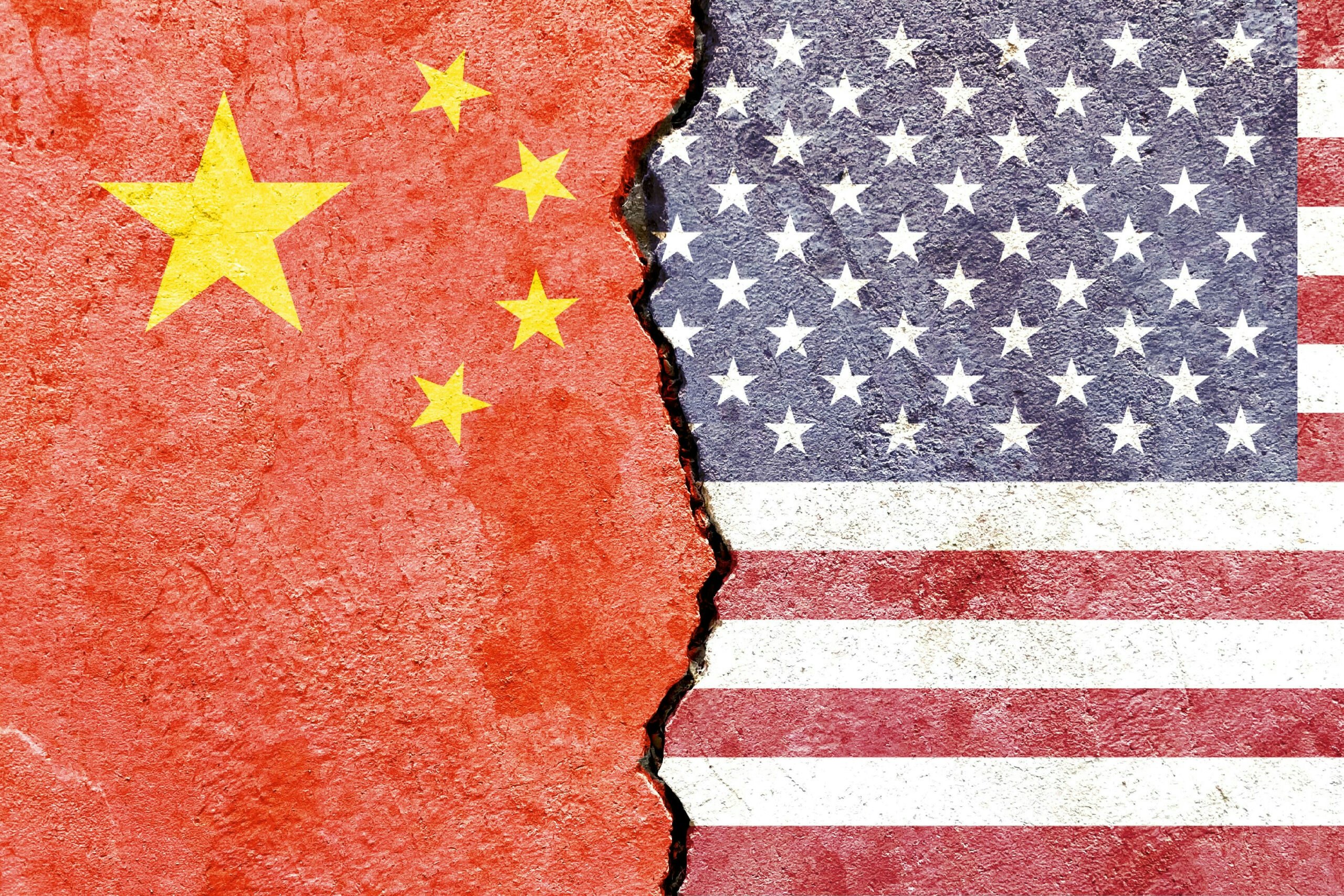In honor of International Youth Day and ahead of the Bush Institute’s panel at the 2016 Concordia Summit, here’s a look at what Vivian had to say about the role of young people in advancing some of the world’s most pressing challenges.
Across the globe, there are more young people today than at any point in human history. In the United States alone, persons between the ages of 15 and 34 now make up the nation’s largest living age demographic.
Regardless of region, as a generation we unrelentingly embrace hope and innovation. Even among the most challenging circumstances, we remain optimistic about our role in creating sustainable and impactful change. Essentially, we are committed to a better world for ourselves and those who will inherit our future.
A true representative of all of the above, youth activist and gender advocate Vivian Onano is a model ambassador for the influence and importance of next generation leadership. In honor of International Youth Day and ahead of the Bush Institute’s panel at the 2016 Concordia Summit, here’s a look at what Vivian had to say about the role of young people in advancing some of the world’s most pressing challenges:
In 2015, you were invited to deliver a keynote speech during a special session at the United Nations General Assembly focused on youth. As an advocate for women and girls across the globe, what role do young people play in the pursuit of gender equity at home and abroad?
Young people are the future of our communities and for us to thrive socially, economically, and politically, we have to ensure that everyone plays their role effectively. That is not possible without achieving gender equality.
Gender equality is a prerequisite for making sustainable development a reality. As young people, we have to inform ourselves and passionately advocate and work to address the barriers hindering equality for all.
Recently, I was very inspired at the 2016 Women Deliver Conference to see how enthusiastic and passionate young people are about promoting women’s empowerment, especially with regard to how it positively affects our communities. Young people actively participated in different high-level dialogues and conversations around myriad issues such as access to adequate healthcare and education, eradicating gender violence, promoting women’s economic empowerment, and women’s and girls’ leadership. It is really important for us as young people to be better equipped with the right knowledge and network so that we can actively engage with policy makers and diverse stakeholders in the pursuit of gender quality.
Young people have the task to mobilize and decentralize information on why achieving gender equality is a win overall for humanity. Technology has made it very easy for us to advocate both offline and online, share best practices and form synergies across continents.
You are one of the youngest members of the UN Women’s Civil Society Advisory Group. Why do you feel youth advocacy and inclusion is important?
There are 1.8 billion young people globally, and Africa today is more youthful than it has ever been in the history of civilization. Young people are an asset to the development and prosperity of our communities and countries, thus their voice and actions matter. The recently adopted Sustainable Development Goals are actually our objectives as young people and we can no longer be sidelined in the discussions around execution and implementation because we are the ones who are going to live through them.
Youth advocacy matters because these are our issues. We live them day to day and we have lasting solutions that need support with adequate resources to implement. I see more young people equipping themselves with the right kind of information. This is critical as it allows us to both be impactful in our advocacy and to be taken seriously.
It is encouraging to see institutions such as UN Women incorporating the voices of young people in the work that they do at national, regional and global levels.
To achieve prosperity, everyone has to have a seat at the table when decisions are made. And there is no more important voice as that of youth. From unemployment to poverty to child marriage to violence, just to mention a few, we are the ones on the ground grappling with these issues. We young people of today are innovative, enthusiastic, and solution-oriented. But for us to be better advocates, we also need support from all stakeholders to ensure quality education and healthcare, civic empowerment, and peace.
In addition to your role as an advocate, you also work a great deal on partnerships. Why does collaboration matter?
I am a firm believer that it is only through collaboration that we can get the work done. In regards to development issues, we have been working in silos for very long and not much is getting done. The time has come for us all to open up and share our successes and failures so that we can learn from each other. With limited resources, we are constantly going after the same support systems, and that limits our reach. However, if we collaborated through sharing skills, knowledge, and funding, our impact will improve immensely. Komera for Girls has been doing an impressive job bringing together organizations in East Africa that are working to improve access to quality education for girls. They have hosted “Girls Summit” in the past, where they put together their resources and brought girls to Nairobi to share their experiences, learn from experts, and network with one another. These summits are always run by the girls, which is a great way of empowering them to develop their own voices.
Even through our organization, SEED Project, we continue to stress the need for collaboration with governments, civil society organizations, and private and public sector institutions to empower young people across the continent. It is through this collaboration that we have managed to expand our work from Senegal, to The Gambia, and now to Southern Africa.
It is high time all organizations and institutions learned to work together to have a lasting impact.
As a programming partner for this year’s Concordia Summit, the Bush Institute’s First Ladies Initiative is hosting a panel on women and girls’ empowerment. As a panel participant, in addition to the role of young people, why do you feel first ladies are a critical force in advancing the status of marginalized communities?
First and foremost, I am very thankful to the Bush Institute’s First Ladies Initiative for putting this event together. There is need to continue creating safe and open spaces to have these dialogues and conversations. And the Concordia Summit is a great platform because the conference brings together key players from all sectors.
First Ladies have a unique podium to use to advance the status of marginalized communities, especially women and children. By virtue of being a First Lady, they already command respect from the country, and are able to leverage it to mobilize resources to address the social issues of their choice. Their platform can be used to raise awareness and advocate on issues that may sometimes be ignored but often affect a majority of a population.
There are many First Ladies who are working tirelessly to address the issues that impact women and girls. For example, Mrs. Obama (USA) has been a great advocate for girls’ education globally and has used her platform to gather resources to make access to education for 62 million girls a reality; Mrs. Kenyatta (Kenya) is a great champion for maternal and child mortality. Through her marathons she has been able to widely advocate and also form partnerships with both private and public sector stakeholders that have been very supportive to advance the cause.
First Ladies continue to be seen as strong voices for the marginalized and thus should work hand in hand with grassroots organizations to have a visible and sustainable impact. It is not only about advocacy but ultimately improving lives. This is only possible if the office of the First Lady continues to champion open dialogue with local communities so as to be in touch with the reality on the ground.
With all of the challenges that women and girls face around the world, as a millennial, what gives you hope?
I am a very optimistic person who strongly believes that nothing is impossible. Every day I am encouraged and inspired by young people who have taken it upon themselves to provide sustainable solutions to the problems that they struggle with. From the likes of Josephine Kulea (Kenya) working tirelessly to end early child marriage and female genital mutilation; to Joseph Munyambanza (Uganda) providing education opportunities for young refugees; to Abisoye Ajayi (Nigeria) providing coding and technology lessons to girls and women from underserved communities, these are just but a few. Young people are taking charge of their future and we need your support.
Interested in continuing the conversation? Join us online or in person on September 20 at 9:00am EST at the 2016 Concordia Summit.
































